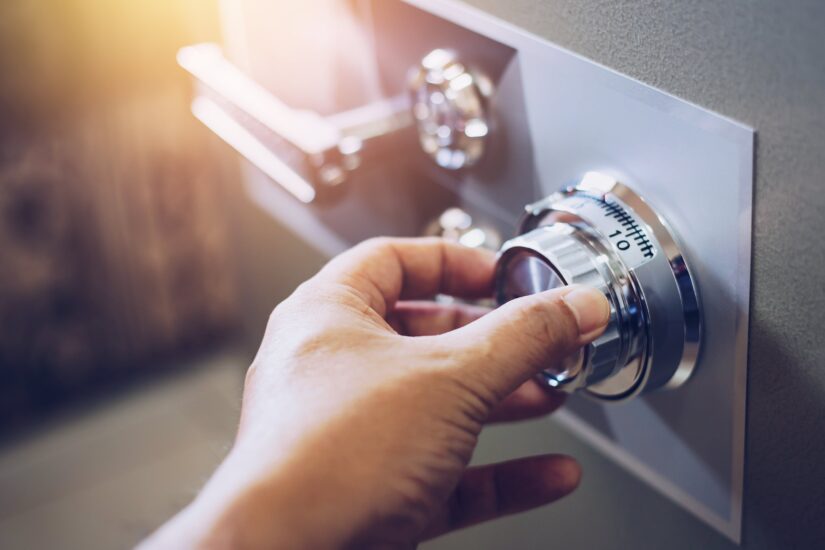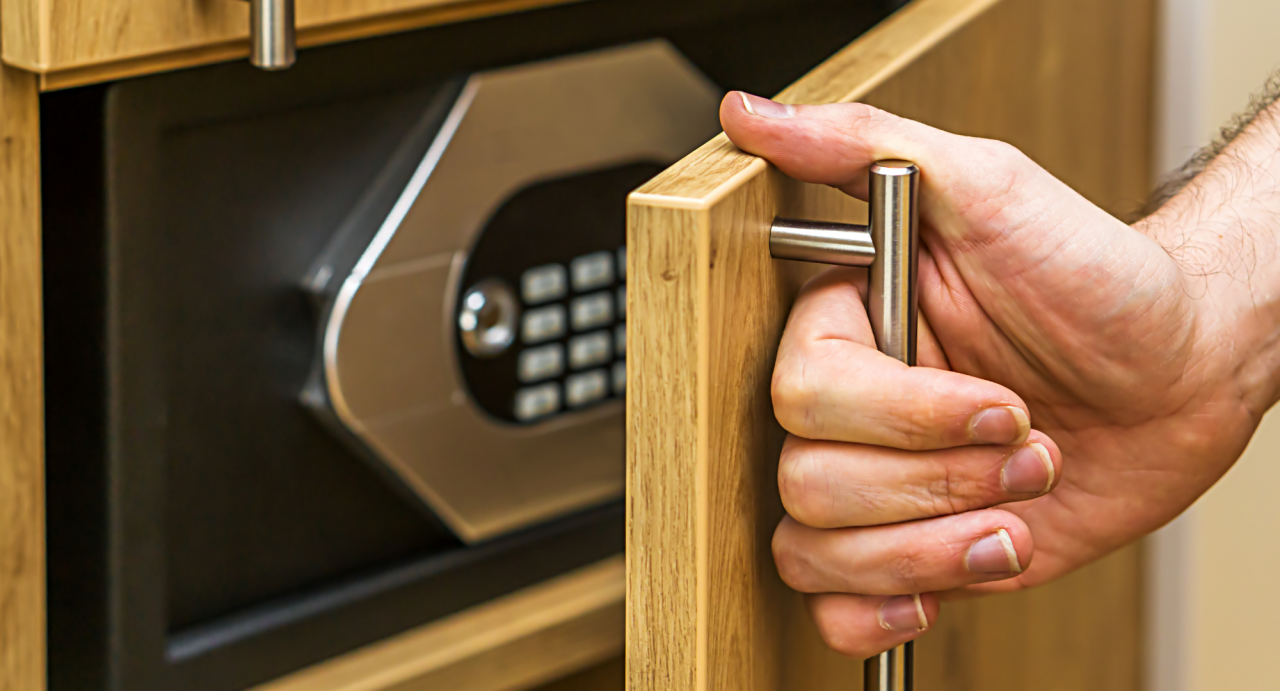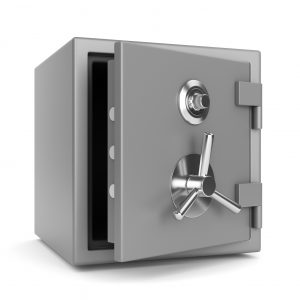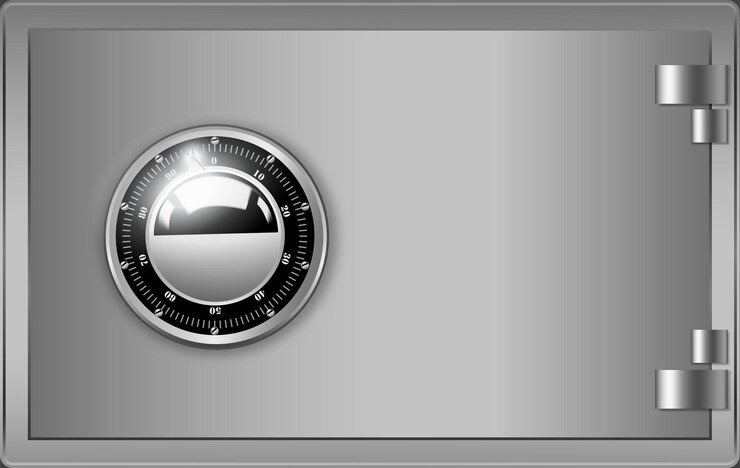In today’s world, home security is a top priority for homeowners, and one of the key elements of securing your home is your choice of door lock. While traditional locks have been the norm for centuries, a new contender has emerged: the smart door lock. In this comprehensive guide, we will delve into the differences between smart door locks and traditional locks, covering key aspects for automotive, residential, and commercial use.
Key Differences between Smart Locks and Traditional Locks
Before we dive into the specifics, let’s understand the fundamental distinctions between smart locks and traditional locks:
Automotive Locks
Smart Locks:
- Can be unlocked remotely through a smartphone or other smart devices.
- Require electric or battery power.
- Offer features like numerical codes, fingerprint scanning, digital key fobs, voice control, and smartphone app control.
- Can be integrated with your vehicle’s smart system for enhanced security.
- May include advanced security features such as anti-theft capabilities, intrusion alarms, two-way communication, and built-in cameras.
Traditional Locks:
- Operate using a physical key.
- Do not rely on electric or battery power.
- Lack advanced security features found in smart locks.
- Are vulnerable to lock picking and bumping.
- Offer limited convenience and accessibility options.
Residential Locks
Smart Locks:
- Provide keyless entry for added convenience.
- Offer remote access and control, enabling you to lock or unlock your door from anywhere.
- May include advanced security features like alarm sensors and video monitoring.
- Notify you whenever someone accesses your home, indicating the specific method used.
- Allow integration with other smart home devices and voice assistants.
Traditional Locks:
- Use a physical key for entry.
- Lack remote access and control.
- Offer fewer security features, leaving your home vulnerable to intrusion.
Commercial Locks
Smart Locks:
- Enhance security with features like access control systems and audit trails.
- Streamline access management for employees, contractors, and visitors.
- Provide remote monitoring and control of access points.
- May integrate with building automation systems for added convenience.
Traditional Locks:
- Rely on physical keys for access.
- Lack advanced access control and monitoring features.
- Require more effort and resources for key management.
Now, let’s explore the specifics of how smart locks and traditional locks work, their advantages, and their drawbacks.
How Smart Locks Work
Smart locks, also known as keyless door locks, operate using electronic components. These locks connect to your home’s Wi-Fi network, Bluetooth, or Z-Wave, allowing control via a smartphone or other smart devices. Depending on the chosen smart lock style, the following locking methods may be available:
- Custom numerical codes
- Fingerprint scanning
- Digital key fobs
- Voice control
- Smartphone app control
Moreover, smart locks can be integrated with your home security system, engaging and disengaging your alarm as they lock and unlock. This integration brings a host of benefits for home security.
Pros of Smart Locks
- Convenience: Smart locks offer keyless entry options, eliminating the need for traditional keys.
- Remote Access and Control: You can lock or unlock your door from anywhere using a mobile app, ensuring your home’s security.
- Advanced Security Features: Many smart locks include anti-theft capabilities, intrusion alarms, two-way communication, and built-in cameras, enhancing home security.
- Access Tracking: Receive notifications when someone unlocks your door, specifying the access method used.
- Smart Home Integration: Connect your smart lock to voice assistants like Amazon Alexa or Google Assistant for additional functionality.
- Voice Control: Open your door with a simple voice command for added convenience.
- Professional Installation: Some smart lock providers, such as 1st Choice Locksmith, offer free professional installation for peace of mind.
Cons of Smart Locks
- Vulnerability to Hacking: Like all smart technology, there is a potential for hacking, although constant updates aim to mitigate this risk.
- Dependence on Technology: Smart locks rely on technology, and their hardware may become obsolete over time.
- Higher Initial Cost: Smart locks are generally more expensive than traditional lock systems.
How Traditional Locks Work
Traditional locks operate through mechanical means and use a pin tumbler mechanism with metal pins to secure the lock cylinder. Inserting the correct key aligns with these pins, moving them to unlock the mechanism.
Pros of Traditional Locks
- Lower Initial Cost: Traditional locks are cost-effective, making them an affordable choice.
- Familiarity and Ease of Use: People are accustomed to physical keys, and the transition to traditional locks is straightforward.
Cons of Traditional Locks
- Limited Security Features: Traditional locks lack advanced security features like alarms, video monitoring, and remote access.
- Vulnerability to Lock Picking and Bumping: Traditional locks are susceptible to quick tampering through lock picking.
- Inconvenience: Loss of a physical key can leave you locked out, and key replacement can be time-consuming and costly.
- Lack of Remote Access and Control: Traditional locks offer no remote access or control capabilities.
- Long-Term Cost: While initial costs are low, expenses can accumulate when replacing locks or addressing security breaches.
Factors to Consider When Choosing a Lock
To determine the best lock for your needs, consider the following factors:
Home Security Needs and Risk Factors
- If you reside in a high-crime area or have valuable possessions, smart locks with advanced security features may be a wise choice.
Budget and Cost-Effectiveness
- Frequent lock changes or lost keys may make smart locks a cost-effective option due to easy code resetting.
Convenience and Ease of Use
- Smart locks offer automation features like auto-locking, providing enhanced convenience.
Personal Preferences and Lifestyle
- Your familiarity with technology and preference for keyless entry or traditional keys play a significant role in your decision.
In conclusion, the choice between a smart lock and a traditional lock depends on your specific needs, whether for automotive, residential, or commercial use. Consider the level of security required, budget constraints, convenience factors, and your personal preferences when making your decision.
For professional smart lock installation and a comprehensive keyless entry system, turn to experts like 1st Choice Locksmith. They can help you choose and install the right lock system for your specific needs, ensuring the security of your automotive, residential, or commercial space. Make an informed choice to protect what matters most.






